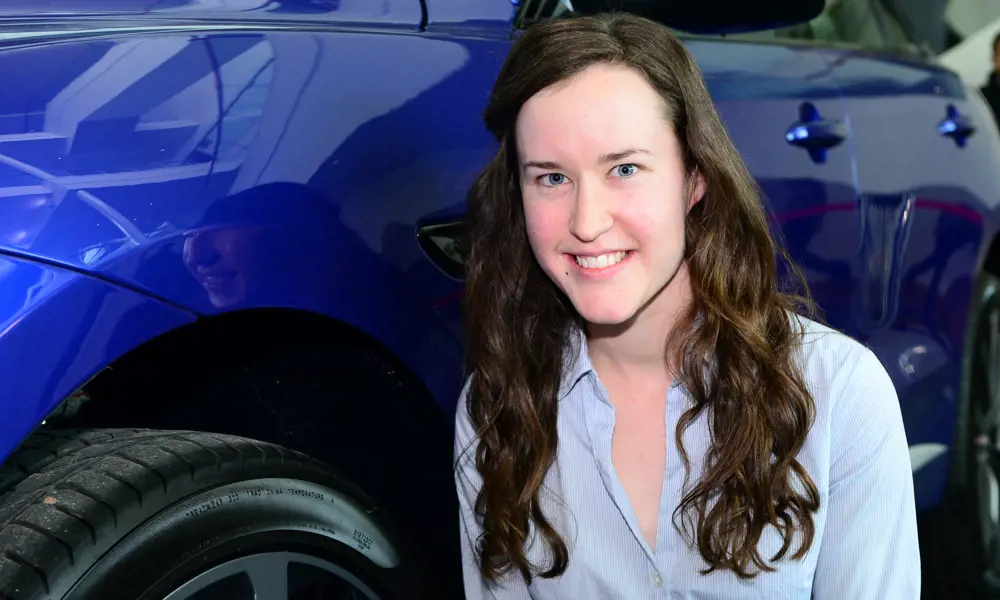
Q&A: Orla Murphy
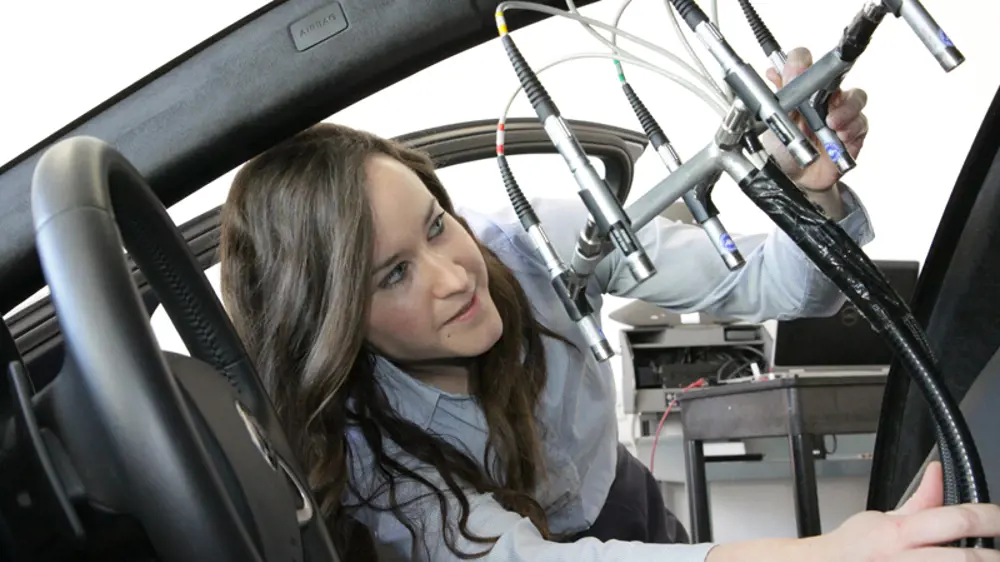
Orla setting up microphones that demonstrate the acoustic frequency
response for typical listeners of different heights. Each pair of
microphones represents a pair of ears
Why did you first become interested in engineering?
I always enjoyed maths and science lessons at school – and was good at both subjects – so when I was 16, I entered the BT Young Scientist competition in Ireland. I really loved the experience of scientifically investigating a problem and coming up with a solution. It really sparked my interest in science and engineering as a future career option.
How did you get to where you are now?
The main subjects I studied at school were physics, maths, chemistry and music. It was hard to find a university course that combined all of these interests, but I eventually chose a degree at the University of Glasgow that had elements of both engineering and music. It was a master’s degree in electronics with music, and I really loved it! During my degree, I also did two internships: the first was at BT, where I was a research intern, completing subjective tests into the perception of video quality with different methods of encoded video (where video input has been converted into a digital format). The second internship was at Jaguar Land Rover’s Global Design and Engineering Centre. At the end of this internship, I was offered a place on the graduate scheme, which I eagerly accepted as the job was well suited to both my degree and interests. I liked the fact that the graduate scheme included lots of training and development to help me adapt from studying to being a full-time engineer.
What has been your biggest achievement to date?
The last year or so has been a really exciting time for me. I was named the Young Woman Engineer of the Year in December 2015 by the Institution of Engineering and Technology (IET), and then in July 2016, I was one of five winners of the RAEng Engineers Trust Young Engineer of the Year award. As a result of these awards, I have had the opportunity to reach out to many young people, through talks in schools, at science festivals and in universities. I think I’ve been given a great chance to be a role model for young people in STEM, and to encourage more young people to join this great profession.
I was named the Young Woman Engineer of the Year in December 2015 by the Institution of Engineering and Technology (IET), and then in July 2016, I was one of five winners of the RAEng Engineers Trust Young Engineer of the Year award
What is your favourite thing about being an engineer?
I really enjoy solving problems, and I like the fact that my job is constantly evolving with new technology. Engineers have to adapt and use cutting-edge technology, so your role is always changing and developing. I can’t imagine a career doing anything else.
Tell us about some of the cutting-edge technology
I completed a two-month international placement in Portland, USA, to work in the Jaguar Land Rover open-source technology centre. While I was there, I worked on developing a driving simulator, which is almost like a computer game that uses real-time inputs from a vehicle rig and surrounds the ‘driver’ with curved screens that fill their peripheral vision. We also use lots of cutting-edge technologies in-house that are developed for specific jobs.
What does a typical day involve for you?
I start work at 7.30am, in the Electrical Test Lab where I will connect a prototype car to my laptop in order to work on improving its sound system. This involves trouble shooting, detailed acoustic measurements, and equalisation or optimisation of the frequency response. It is also important to test and validate the sound systems and features on the road to see how they perform while driving. The aim is to make the vehicle acoustics feel like the driver is in a concert hall! Once the measurements have been taken, I then start making changes in the software of the amplifier to optimise the acoustic response.
Outside of work, I am also taking a part-time Six Sigma Black Belt course, which is teaching me a set of management and problem-solving techniques that are intended to improve business processes by reducing the probability that an error or defect will occur. This means that I am learning best practice processes and techniques for tackling hard problems, which I can apply to my job in audio.
What would be your advice to young people looking to pursue a career in engineering?
I would encourage them to try to get some work experience in different areas of engineering and science to see what they do and don’t enjoy. If you know that you like problem solving but are not sure what type of engineering you want to study, many universities offer a common engineering first-year curriculum that you can then narrow down and focus on a specialist field in subsequent years.
Another piece of advice is to try find an engineer in the type of area you could see yourself working in, and sit down with them. Ask them about their job, what it involves and what their course was like. Having someone with experience to test your ideas with will really help you decide what is right for you.
Another piece of advice is to try find an engineer in the type of area you could see yourself working in, and sit down with them
Quick-fire facts
Age:
27
Qualifications:
Master of Engineering, Applied Mathematics
Biggest inspiration:
Marie Curie
Most-used technology:
in-house audio software, Minitab Statistical Software
Three words that describe you:
enthusiastic, determined, extrovert
What's next for you?
I am hoping to finish my training as a Six Sigma Black Belt problem solver through work-based projects at Jaguar Land Rover. At the end of the course, and with a few additional master’s modules, I will hopefully receive an MSc in Engineering Process Excellence. I am also hoping to become a Chartered Engineer with the IET. I want to continue to reach out to the next generation of engineers and to encourage them to consider engineering.
***
This article has been adapted from "Q&A: Orla Murphy Audio Engineer", which originally appeared in the print edition of Ingenia 70 (March 2017).
Keep up-to-date with Ingenia for free
SubscribeRelated content
Electricals & electronics
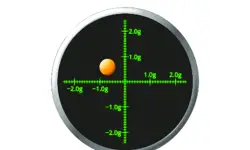
Accelerometers
Used in earthquake measurements, laptops, planes and even in stargazing apps, today’s accelerometers are much smaller than when they were first developed in 1927. Find out how they detect movement and vibration.
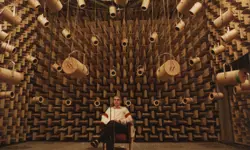
How to maximise loudspeaker quality
Ingenia asked Dr Jack Oclee-Brown, Head of Acoustics at KEF Audio, to outline the considerations that audio engineers need to make when developing high-quality speakers.
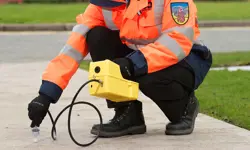
Cable fault locator
The winner of the Institute of Engineering and Technology’s 2014 Innovation Award was EA Technology’s CableSnifferTM, which uses a probe and chemical sensing technology to identify faults, saving energy companies millions of pounds each year.
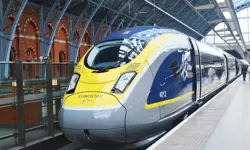
High speed evolution
In December 2010, Eurostar International Ltd awarded a contract for 10 new high speed trains to Siemens. The company has used a system developed over decades to maximise the performance and passenger-carrying ability of its 320km/h trains.
Other content from Ingenia
Quick read

- Environment & sustainability
- Opinion
A young engineer’s perspective on the good, the bad and the ugly of COP27

- Environment & sustainability
- Issue 95
How do we pay for net zero technologies?
Quick read

- Transport
- Mechanical
- How I got here
Electrifying trains and STEMAZING outreach

- Civil & structural
- Environment & sustainability
- Issue 95